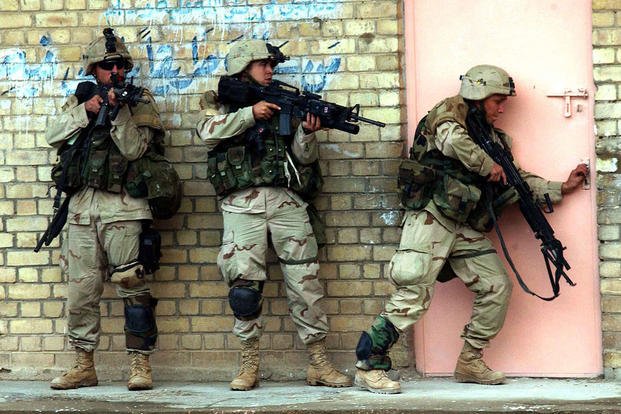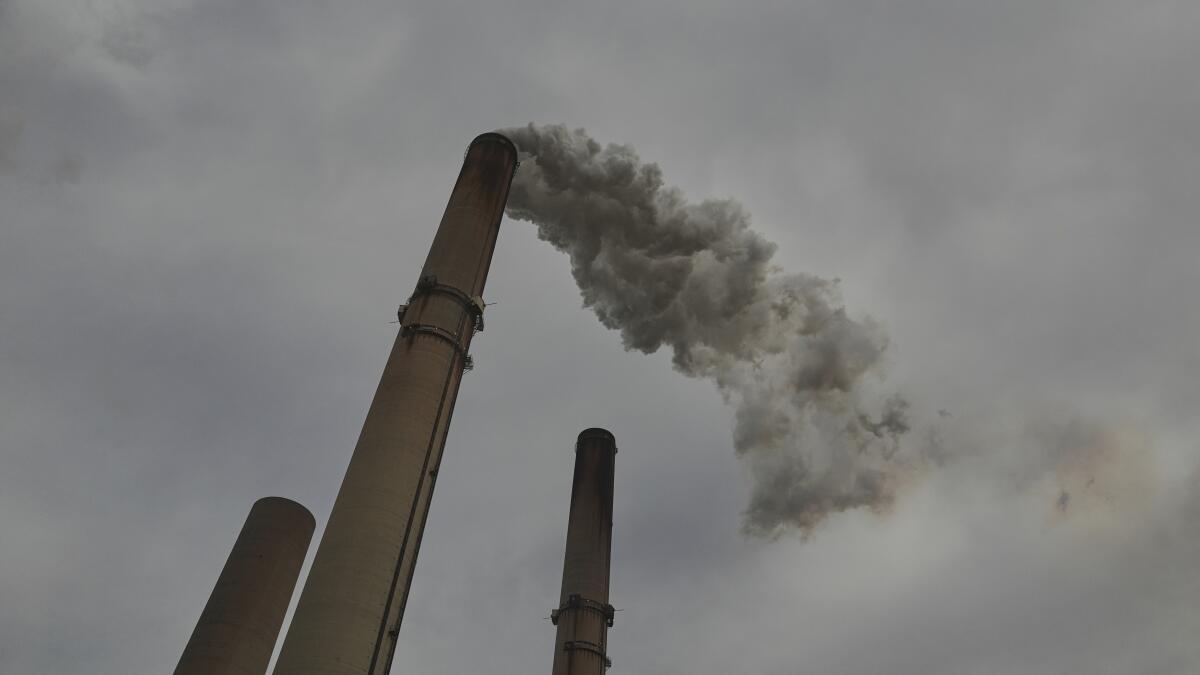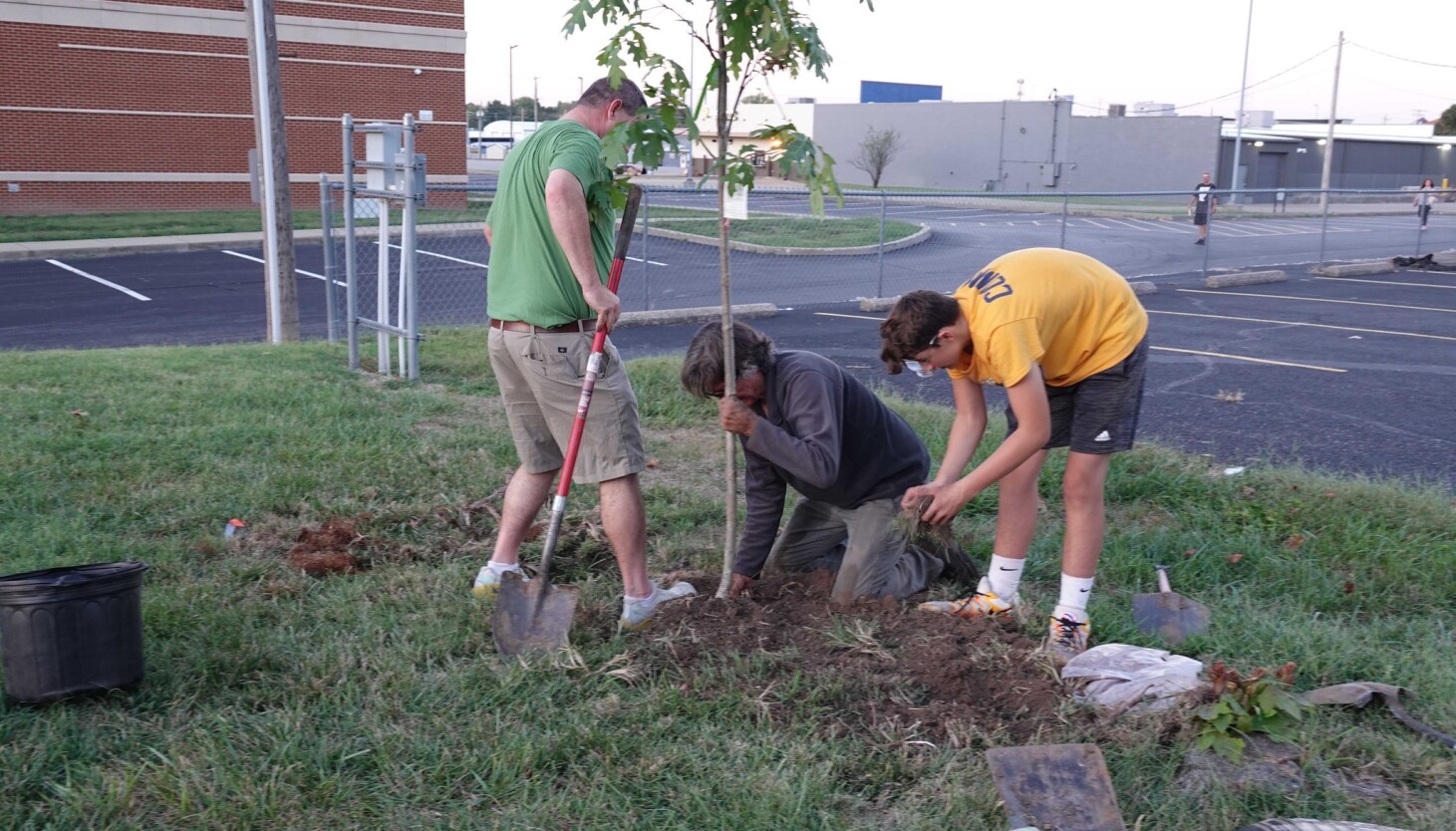Fallujah's Invisible Scars: War's Lasting Toll on Health and Environment Revealed

In the shadows of a city scarred by conflict, residents continue to bear the hidden wounds of war long after the battles have ceased. This urban landscape, which has witnessed intense military confrontations and a harrowing period of Islamic State occupation, now faces a silent environmental crisis that threatens the health of its inhabitants.
More than two decades after the last shots were fired, the city's soil and environment remain contaminated with a toxic cocktail of heavy metals, including dangerous levels of lead and uranium. These environmental remnants of prolonged conflict serve as a stark reminder of the lasting impact of war, extending far beyond the immediate destruction of buildings and infrastructure.
Local residents are now confronting an invisible enemy—environmental pollution that seeps into groundwater, permeates agricultural lands, and poses significant long-term health risks. The heavy metal contamination represents a generational challenge, requiring comprehensive environmental remediation and sustained public health interventions to protect current and future populations.
As the community struggles to rebuild and heal, the persistent environmental toxicity stands as a grim testament to the complex and enduring consequences of prolonged urban warfare.








